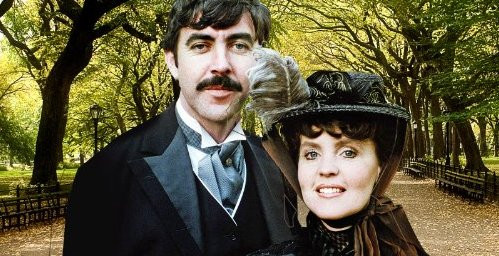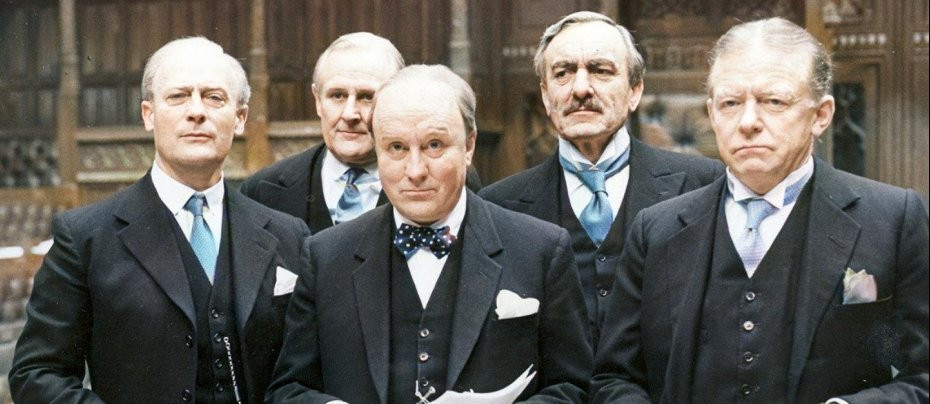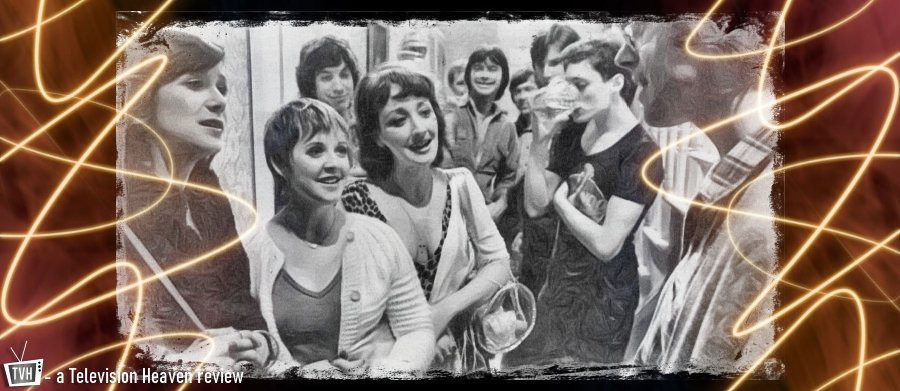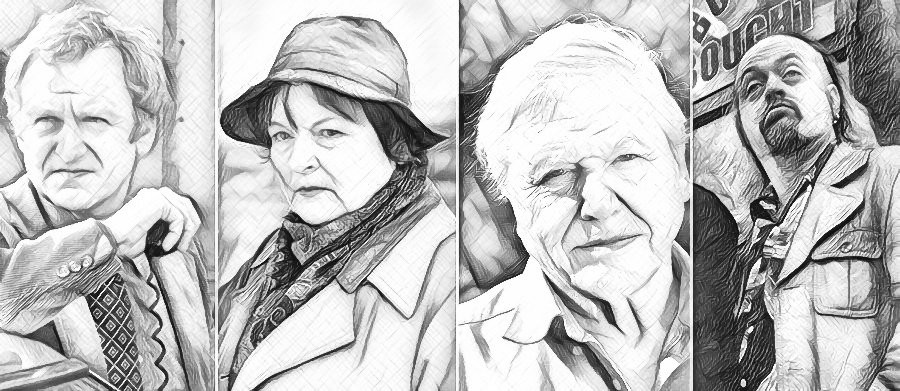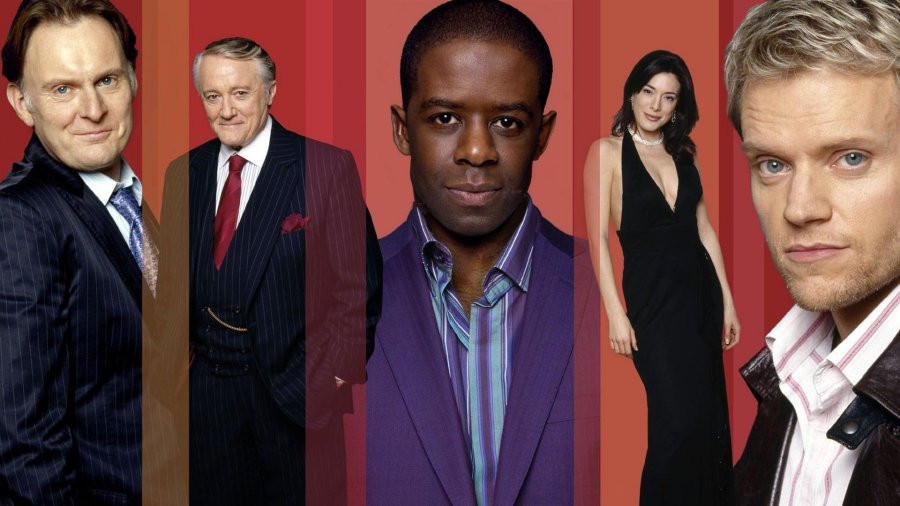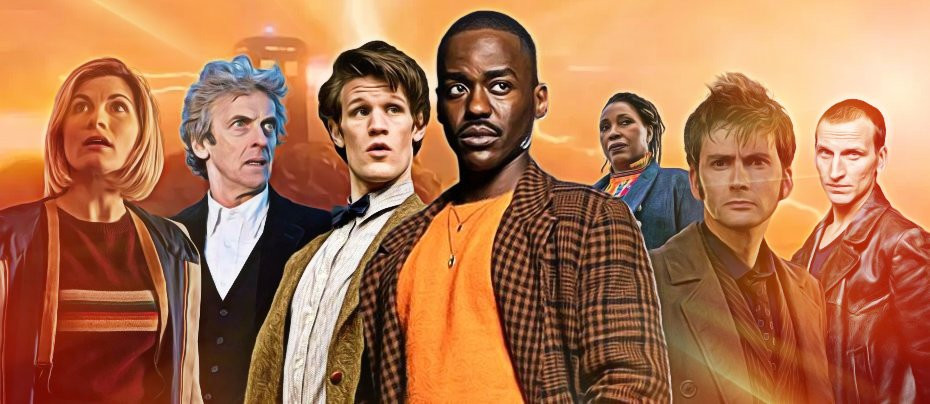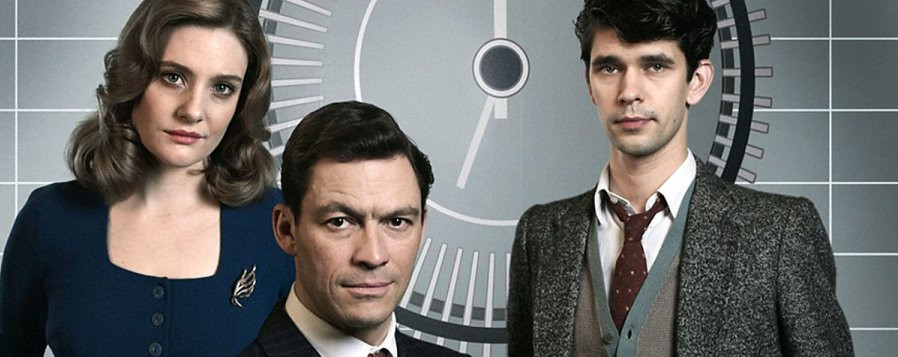
The Hour
2011 - United KingdomAbi Morgan's The Hour took us deep into the drama of 1950s London where the shadowy streets are steadily darkening with the blood and politics of a new age. Saturated with film noire violence and Dick Tracy style whodunnit at every corner, it deserved so much more airtime than its two short seasons.
The main focus is on the hard grind involved with changing the face of television broadcasting, while thickening plots power through the lens' peripheral. It's the hunt for truth that matters and to do that, you either have to get down and dirty or play the game of network politics. The quest for justice in this rendition maintains authenticity with ample servings of alcohol, dutifully served with thick tornado swirls of smoke in nearly every scene.
Morgan's six episode show first aired in 2011 with an-oh-so beautiful cast of news broadcasters and reporters. It's a struggle disliking the arrogant, brattish Freddie Lyon (masterfully handled by Ben Whishaw, geeky Q from Skyfall). Tired of the trite stories he's been forced to spoon-feed the British public, he's only too ready to take on the meaty matter of cloak and daggered politics. Motivated by an admirable sense of duty, honour and integrity his trespasses are easily forgiven.
The series opens with Freddie realising he's no longer top dog in the newsroom, and that life as he and 1950s Britain know it, is about to drastically change. How it burnt him to watch the women get promoted ahead of him. He'd always considered them to be his Moneypennys, of course he was Bond and now they were leaving him behind. Palming clues from corpses and digging deeper than ever, you have to doff your hat to his tenacity.
The brilliantly played Bel Rowley (Romola Garai, Jane Austen’s Emma), is named as the producer of the channel's latest current affairs programme, and we're invited along to watch the headstrong, workaholic carve out her spot in the previously male dominated industry. Despite the patronising and emotional complications, she rises to each challenge with as much class as her perfectly tailored outfits. Morgan pretty much lifted her persona from the hugely influential Grace Wyndham Goldie, who penned the formats for shows like Panorama, That Was The Week That Was and Tonight. After glossing Bel up, throwing in a smidge of the 1987 hit show Broadcast News, and a spoonful of the Network, she sat back to admire her creation. A nostalgic, savvy rendition of what a TV newsroom would've looked like in 1956 if the likes of L'Oreal were permanently on hand. The exciting and thrilling backdrop of the Suez Canal Crisis, added to the plots that twist around nuclear threats from the Russians, making for a captivating show.
The chapters that move us throughout the story do so by offering more than a prettified history lesson. The performances draw out the timeless challenges faced by a nation experiencing growing pains. The second series welcomes Bel's new boss Randall Brown, (Torchwood and Doctor Who's Peter Capaldi) who like any effective leader knows how to best get under his team's skin. Finding all the right strings, he marionettes them into delivering their best work.
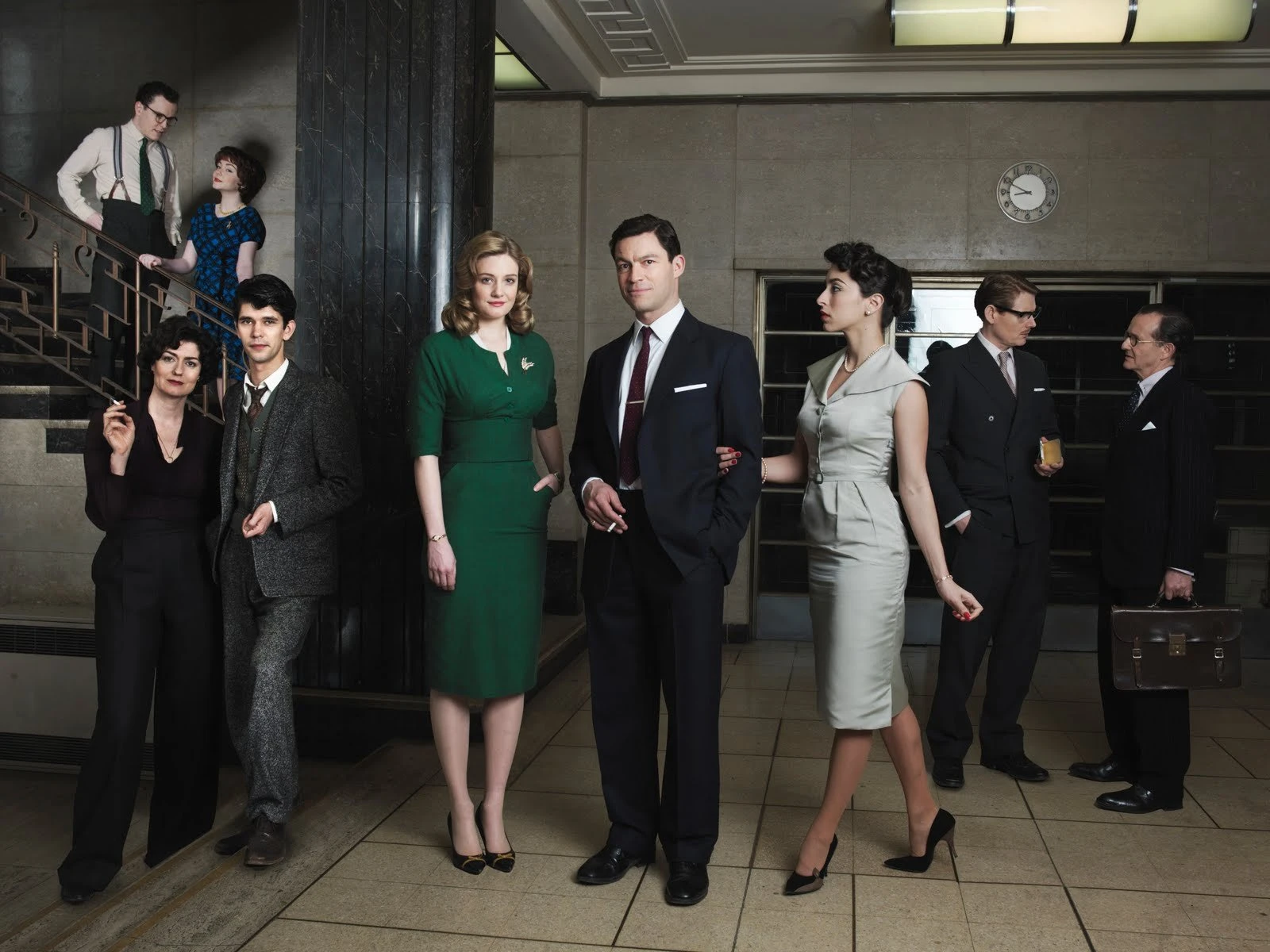
What would a tense, nail biter of a show be without a smattering of sexual shenanigans? The Hour's front man Hector (Dominic West), Freddie's nemesis comes loaded with charm and an inflated ego that soon boasts every issue deserving of a spin on a therapist's couch. His sexy smouldering nature that initially had all women, including Bel swooning, eventually gives way to alcohol problems, club hopping for new conquests and general public misbehaviour. We have to thank Hector mind, it's through his insatiable appetite for fame, all things glitzy and glamorous that the shows writers provide a front row seat to the clubs and bars of the wonderfully decadent Soho. Watch as the ties that once bound the nation's morality to a higher pinnacle loosen considerably. The formalities of the 50s are fading, making way for the soon to arrive swinging 60s. An interesting period of questionable conduct and confused loyalties. Hector's poor wife Marnie, (Oona Chaplin, Quantum of Solace, yup another Bond film veteran) is utterly mortified by his self-centred antics. Bel is there for him as much as she can be during his struggle, unfortunately with all her power she can only do so much to protect him from the graves he digs himself into.
The show comfortably handles the uglier sides of a London life losing its sense of ordinary. A powerful first few episodes in the second series tackle discrimination, racism and fascism that surged against the influx of foreign faces streaming onto British shores. Class clashing is also brilliantly highlighted through the butting of working class rooted Freddie against the high class Hector.
While Freddie's vying for his place and position, Victor's sense of entitlement leaves little to admire. A reflective and suggestive glance over the Empire as she transitioned into a period where people's private laundry was getting aired, discrepancies duly noted and tackled. As if the sultry mood wasn't already completely set in this post war period drama, the jazz infusions created by Kevin Sargent finish the show off a treat.
Nestling you right into the 50s with a score that offers everything from soothing sensuality, to eccentric and enigmatic tones that make performances from the spectacled sensation that is Randall Brown illuminate, The Hour offers a brilliant evocative exploration of the founding 50s, where characters like Bel, Marnie and Lix (Annie Chancellor) pioneer the way for women to be taken seriously in news and on television. A far and welcomed cry from the role of tea serving secretary they'd been kept stagnant in for too long.
Seen this show? How do you rate it?
Seen this show? How do you rate it?
Published on December 21st, 2018. Onome Okwuosa (February 2014).




